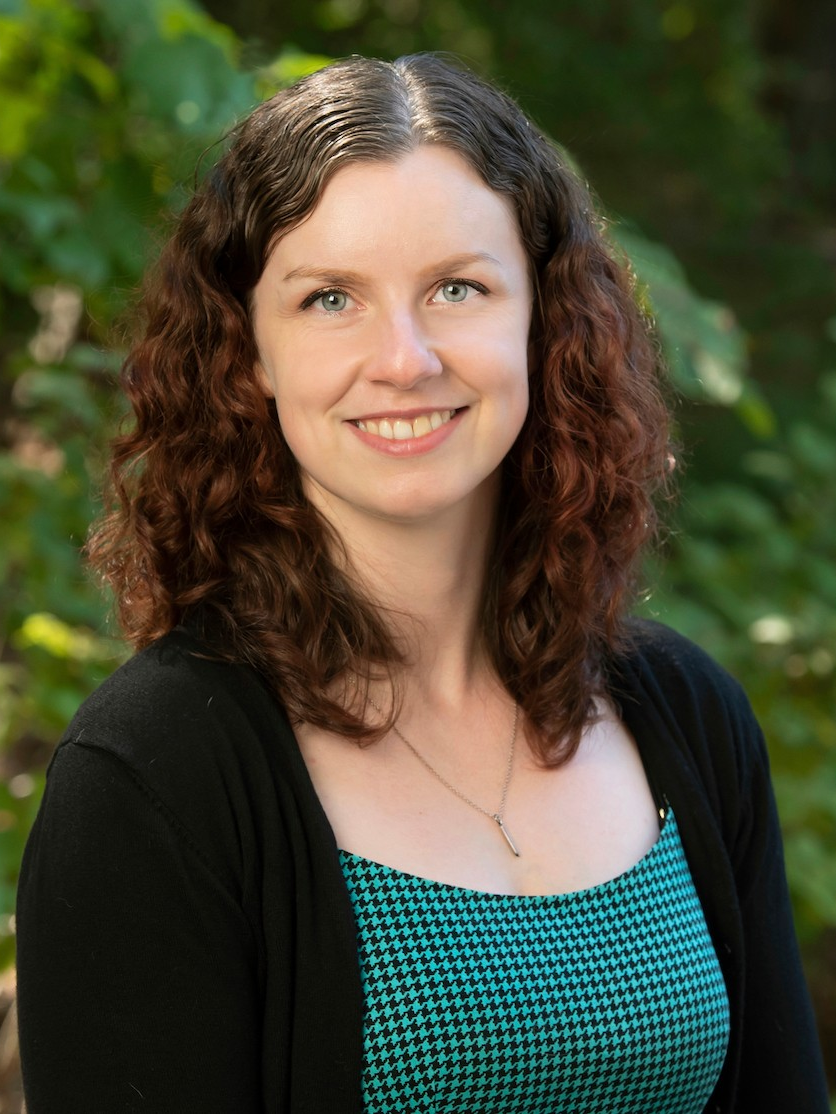- About
- Contact Us
- People
- Administration & Staff
- Current Faculty
- Adjunct Faculty & Other Members
- Retired Faculty & Staff
- In Memoriam
- Alumni
- Alumni Profile Mehnaz Thawer
- Alumni Profile David Wotherspoon
- Alumni Profile Yarko Petriw
- Alumni Profile Jenny Konkin
- Alumni Profile Elijah Mudryk
- Alumni Profile Leah Pells
- Alumni Profile Brittany Lasanen
- Alumni Profile Diane Umezuki
- Alumni Profile Christina Wong
- Alumni Profile Hooman Salavati
- Alumni Profile Zoe Crane
- Indigenous Reconciliation
- IRC Events
- Karlee Fellner IRC Workshop - All day workshop with Karlee Fellner
- Kyle Mays IRC Event - Blackness, Indigeneity, and Kinship as Solidarity
- Mark Champley IRC Event - One person's reconciliation journey in Australia
- Adam Murry IRC Event - Going where the need is: Psychological research in the context of reconciliation
- Amy Bombay IRC Event - Intergenerational trauma and the protective effects of culture...
- Karlee Fellner IRC Event -iskotew & crow: (re)igniting narratives of Indigenous survivance & trauma wisdom in psychology
- JoLee Sasakamoose IRC Event -The Culturally Responsive Framework, Developing strength-based trauma-informed practices & Indigenous wellbeing
- Cornelia Wieman IRC Event - A Year in Public Health: The Collision of Three Public Health Emergencies
- Other Ongoing Events
- What is Reconciliation?
- Territorial Acknowledgment
- Resources
- Student Profiles
- IRC Committee Members
- IRC Events
- EDI
- Employment
- Areas of Study
- Undergraduate
- Graduate
- News & Events
- Research
- Adolescent Health Lab
- All Families Lab
- Autism & Developmental Disabilities Lab
- Children's Memory Research Group
- Close Relationships Lab
- Cognitive Aging Lab
- CORTECH Lab
- Culture and Development Lab
- Douglas Research Lab
- Dr. Aknin's Helping and Happiness Lab
- Family Dynamics Project
- Grow to Care Lab
- Human Neuropsychology Lab
- Measurement and Modelling Lab
- Mental Health, Law and Policy Institute
- Personality and Emotion Research Lab
- Psychological Methods Consulting
- Sustainability, Identity & Social Change Lab
- Singlehood Experiences and Complexities Underlying Relationships (SECURE) Lab
- Spalek Laboratory of Attention Memory and Perception
- Studies in Methodology and Philosophy of Psychological Science Lab
- Translational Neuroscience Lab
- Vision Lab
- Weight and Eating Lab
- Clinical Psychology Centre
- login (for Dept. Members)
Areas of interest
Law and Forensic
Research Interests
Psychology and Law; Decision-Making and Judgments; Forensic Evidence; Eyewitness Identification; Face Recognition; Memory; Plea Bargaining.
Selected Publications
Quigley-McBride, A., & Wells, G.L. (2023). Eyewitness confidence and decision time reflects identification accuracy in actual police lineups. Law and Human Behavior.
Sweet, D., Quigley-McBride, A., & Meissner, C.A. (2023). Perceptions of movement patterns and concealment detection in naïve observers and law enforcement officers: A Lens Model Analysis. Criminal Justice and Behavior.
Marcon Zabecki, J., Quigley‐McBride, A., & Meissner, C. A. (2022) Information loss, contextual information, and distinctiveness influence how well novice analysts discriminate fingerprints. Applied Cognitive Psychology.
Garrett, B.L., Crozier, W., Gifford, E.J., Grodensky, C., Quigley-McBride, A., & Teitcher, J. (2023). Open Prosecution. Stanford Law Review.
Quigley-McBride, A., Crozier, W., Dodson, C.S., Teitcher, J., & Garrett, B.L. (2022). Face value? How jurors evaluate eyewitness face recognition ability. Journal of Applied Research in Memory and Cognition.
Hudacheck, L. & Quigley-McBride, A. (2022). Juror perceptions of opposing expert forensic psychologists: Pre-existing attitudes confirmation bias, and belief perseverance. Psychology, Public Policy and Law.
Quigley-McBride, A., Dror, I.E., Roy, T., Garrett, B.L., & Kukucka, J. (2022). A practical tool for information management in forensic decisions: Using Linear Sequential Unmasking-Expanded (LSU-E) in casework. FSI: Synergy.
Quigley-McBride, A. (2020). Practical solutions to forensic contextual bias. Zeitschrift fur Psychologie.
Smith, A., Wilford, M.M., Quigley-McBride, A., & Wells, G.L. (2019). Mistaken eyewitness identification rates increase when either witnessing or testing condition get worse. Law and Human Behavior.
Quigley-McBride, A. & Wells, G.L. (2018). Fillers can help control for contextual bias in forensic comparison tasks. Law and Human Behavior.
Wells, G.L., & Quigley-McBride, A. (2016). Applying eyewitness identification research to the legal system: A glance at where we have been and where we could go. Journal of Applied Research in Memory and Cognition.
Courses
Spring 2025
Future courses may be subject to change.


